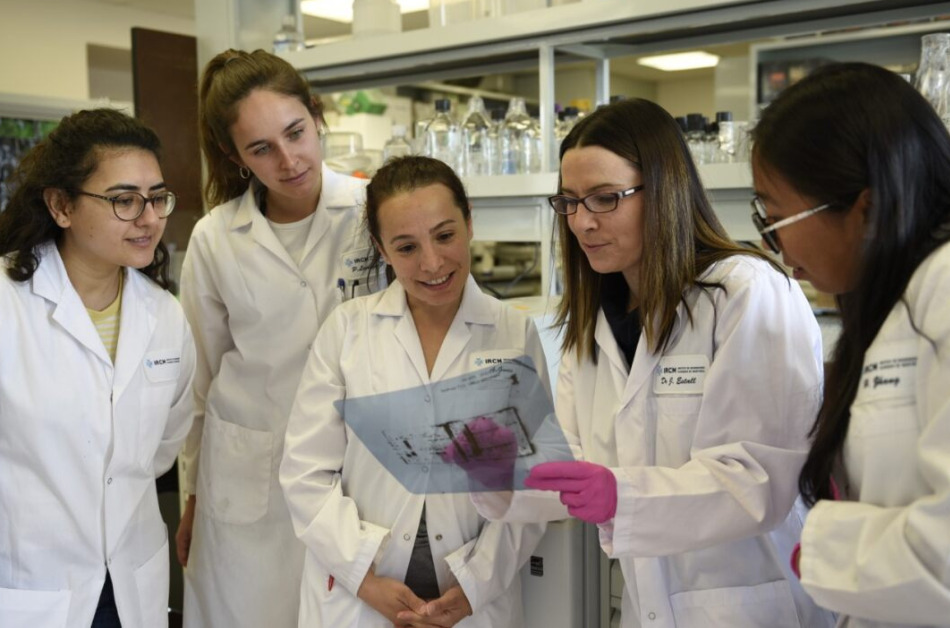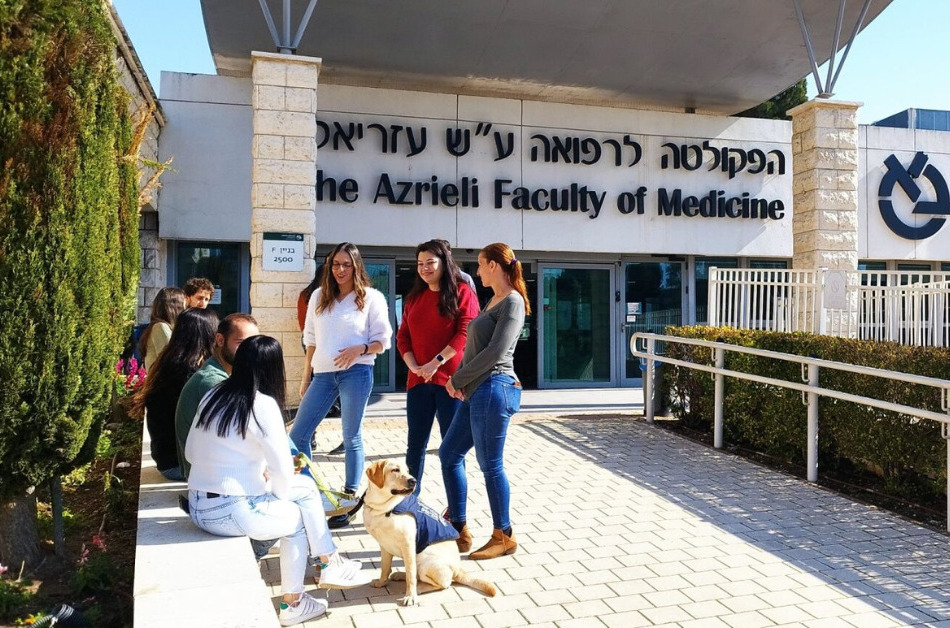Canada’s International Development Research Centre (IDRC), the Canadian Institutes of Health Research, the Israel Science Foundation and the Azrieli Foundation are a united force in supporting innovative global health and biomedical research.
“The four agencies have different mandates, and they have mobilized efforts to jointly design and support a health research program that’s very successful,” says IDRC Senior Program Specialist for Global Health Fabiano Santos.
The Joint Canada-Israel Health Research Program (JCIHRP) promotes scientific excellence by funding projects led by researchers in Canada, Israel, and low- and middle-income countries that might not otherwise have opportunities to collaborate. JCIHRP also enables trainees and future research leaders to travel, network and exchange among the three geographies and return the benefits of their international experience to their home countries.
The Azrieli Foundation contributed to a first phase of the program between 2015 and 2022 and has now committed funds to a second phase.
JCIHRP recently awarded a grant to a group that includes a Nepalese research team exploring neuroplasticity while developing training protocols for people who have lost part of their sight to cortical blindness (in partnership with researchers at McGill University and the Hebrew University of Jerusalem); a Turkish research team investigating progression factors for fatty liver disease (in partnership with researchers at Institut de recherches cliniques de Montréal and Hadassah Medical Center); and a team in Thailand examining how gut flora affects the development of metabolic disorders (in partnership with researchers at York University and Technion-Israel Institute of Technology).
Attending a 2019 symposium organized by the local research team in Kathmandu was “one of the moments that I saw the impact of this program,” says Dr. Santos. “For the first time, the Nepalese team’s hospital established a laboratory to carry out research on fundamental neuroscience concepts tested at the bench with potential clinical applications. I am inspired by the vision and commitment of the four agencies to put that in place, and the potential long-lasting outcomes of this program.”






